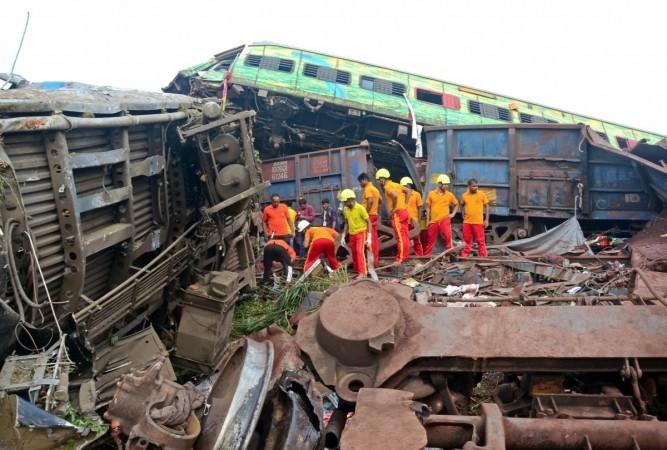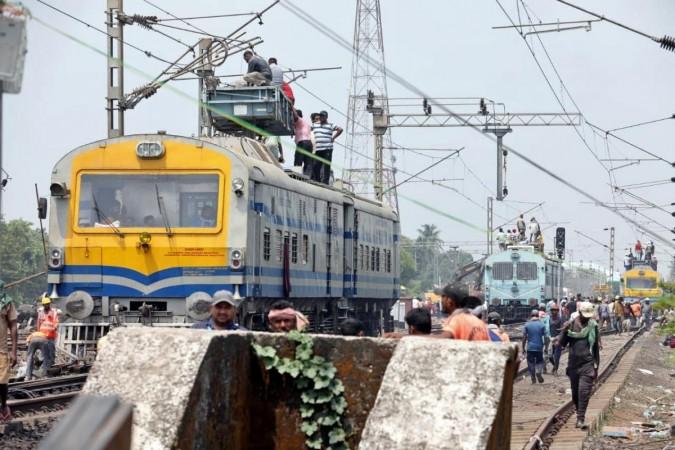Even after the worst of tragedies, man-made calamities and natural disasters, life and journey must go on. Over two days or 51 hours after the fatal triple train collision in Odisha's Balasore, as of Monday, passenger trains resumed operations on the restored tracks.
Railway Minister Ashwini Vaishnaw waved at passengers and crew while signaling the kick-start of services on the up and down lines late Sunday.

In an attempt to also restore the completely-shattered public confidence, he said that both up and down lines were tested before the services resumed. The Ministry also stated that over 1,000 workers were pressed into repairing the damaged tracks.
The injured, the critical and the dead
The triple train collision left over 1,175 people injured and 275 dead. "Of the 1,175 injured, 793 were discharged after treatment," added the minister. The accident involving Bengaluru-Howrah Superfast Express, Coromandel Express and a goods train on three separate tracks has left many debating the safety measured adopted by the Indian Railways.
Railways under the scanner
The accident put the human resources of Railways under scanner. Initial set of reports even highlighted the acute scarcity of staff, which may have led to the accident.
A report by The Hindu highlighted that the Railways of India was, "under a crushing staff shortage with 3.12 lakh non-gazetted posts lying vacant across the country, spread across 18 zones as on December 1, 2022."

This information and statistics were shared by Ashwini Vaishnaw, Minister of Railways, Communications, Electronics and Information Technology, while replying to a starred question in the Rajya Sabha.
What the Railways Ministry says
However, in a significant statement, on the accident, Vaishnaw said that the accident occurred due to, "change in electronic interlocking," even though a probe into the accident has been handed over to CBI. A type of railway signalling system, electronic interlocking relies on electronic components to control signals and points. Essentially designed as a safety component, these systems prevent collisions because signals are only cleared when the route ahead is clear.
"The way this accident happened, looking at the conditions, and according to the administrative information. The Railway Board is recommending the probe to the CBI," added Vaishnaw.
Last year, the National Federation of Indian Railwaymen's (NIFR) along with other railway unions opposed the move where Indian Railways was planning to surrender 50 per cent of the vacant posts in their non-safety category jobs. The administration had been asked to trim 50% of vacancies by May 31 and surrender them. In its defense, the administration claimed that 67% of its expenditure on manpower was becoming unsustainable.

















